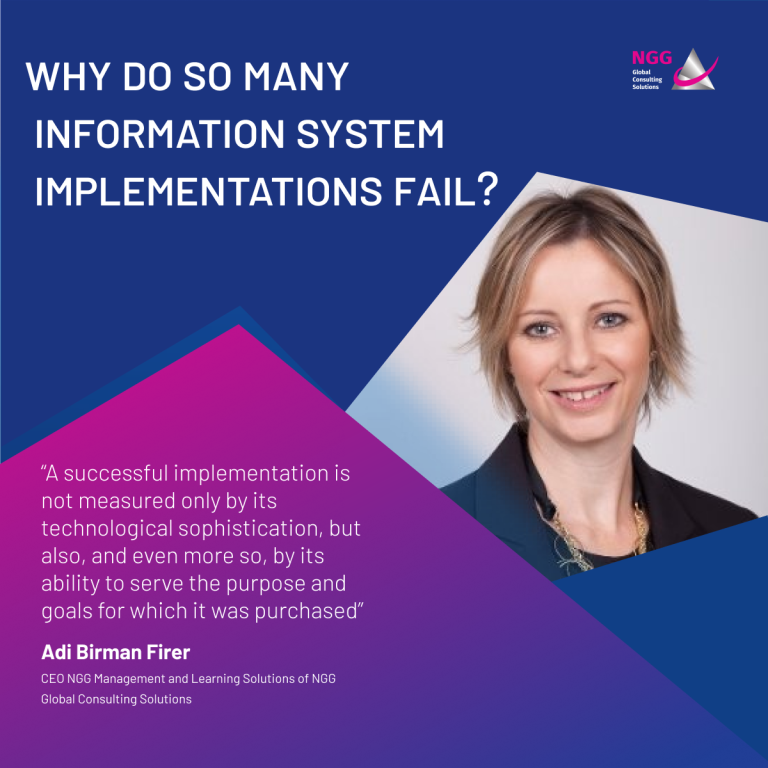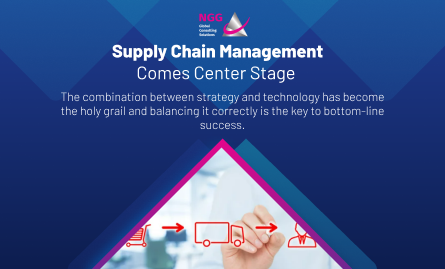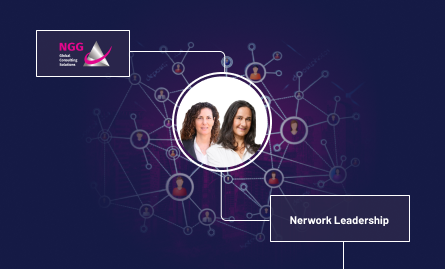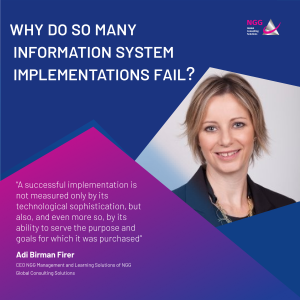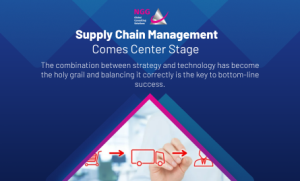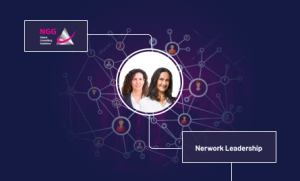What should HR’s do in times of Corona aftershock
By Nili Goldfein and Galit Diamant
It is time to retrack our steps, catch our breath and find a connecting path between the previous ‘state of emergency’ and the new sense of ‘normal’ which lies ahead.


Futurist Alvin Toffler once said that “the illiterate of the 21st century will not be those who cannot read and write, but those who cannot learn, unlearn, and relearn.”
Current events have proven the relevance of Toffler’s quote, as Covid-19 has abruptly changed our personal and professional lives forever, while forcing us to re-examine ourselves and our vocations during a dramatically altered world of disruption.
Covid-19’s vast turbulence extends far beyond the 21st century acronym VUCA (Volatility, Uncertainty, Complexity and Ambiguity). It has further and severely affected our jobs, our organizations, our macro-economic markets, our global relations and even our essence as human beings, citizens and community members. From an evolutionary perspective, Covid-19 took VUCA to an extreme ride across a world in a vortex of disruption.
Despite the extremities, much can be said about our ability to rise to this challenging occasion. Contrary to the well-known phrase: “When cannons are heard, muses are silent,” we have been witnessing a continuous burst of creativity from members of our professional communities, worldwide. By transferring knowledge, policies, tools, and positive vibes, we have managed to support employees, colleagues and executives currently working from home. We have come to realize that our communities can still function remotely if necessary, and that we know how to work well, even – or especially – in times of emergency.
From a state of emergency to an emergency routine
It’s crucial that we keep up with this creative mindset, especially now, as the corporate world has taken baby steps to move away from its quarantine state and is expected to gradually get back on track to normal. This time, the road to normal is long and winding; it requires us hikers to retrack our steps, catch our breath and find a connecting path between the previous state of emergency to what is yet to come. To do so successfully, we need to introduce an intermediate transitional point – from the state of emergency to a state of emergency routine, along with a new set of tools and skills that will help us redefine ‘normal’ on the morning after Corona and seize the future, however baffling and uncertain it may currently appear.
Crisis = Risk + Opportunity
In Chinese, the word crisis (‘Wei-Ji’) consists of two signs: ‘Wei’, meaning risk, and ‘Ji’, meaning opportunity. Now is the time for HR leaders to step up their game and creatively assess the risks and opportunities deriving from the Corona crisis, as a means of finding the path to influence the ‘new organizations’. This can be achieved by becoming a real strategic business partner; a trusted advisor who assists the CEO while crafting precise organizational scenarios and creative solutions in the face of our new and strange reality. HRs should now take a proactive seat at the decision-making table and help their organizations rethink, identify opportunities and create breakthroughs in the form of new ideas, products, alliances, markets and customers.
Yet when leading integrated risk and opportunity strategies or tactics, it is no longer enough to prepare document and collect data to assess the right way to tackle product mix, business lines and pricing. The rapid shift in focus, technology and operating routines has raised the need for corporate leaders to address other human capital issues such as staff mix, cost reduction, resource flexibility, agile infra structure- and more. All C-level executives must re-learn how to work together while relying on Big Data, to build the necessary re-scaling and up-scaling processes for organizational and professional transitions, and must further engage in creating added business value for their new organizations.
Caution: Don't forget your people!
While doing so, it is critical to keep in mind that no organization can survive Covid-19 without talented and engaged team players. Therefore, organizations must gently draw the fine line which prevents business issues from compromising their Human Capital’s well-being and sense of significance.
This can be achieved if HRs carefully balance their strategic business obligations by clearly voicing human values and needs. Remember: downsizing, budget cuts, streamlining processes and other “what to do’s” cannot succeed without respectful and emotionally managed “how to do’s”. Corona or no Corona, these are fundamental necessities that our world of disruption cannot do without.
First Aid: 5 Paradigm Shifts for seizing post Corona opportunities:
- Bright future- Getting back to normal does not mean returning to what was, but rather creating a new normal suitable to what will be.
- New vision- HRs must bring a re-inventing mindset to the conference room and generate quick, smart and bold organizational changes
- Crazy is the new normal- Now is the time to get unconventional, even radical if necessary. Do not hold back on any idea – as crazy as it may seem.
- Equilibrium- Gently draw the fine line which prevents business issues from compromising Human Capital’s well-being.
- Professional Integrity- If radical changes demand cost reduction, do this with utmost respect to people. Keep your core values in the back of your mind and be a ‘mensch’ at all times.
